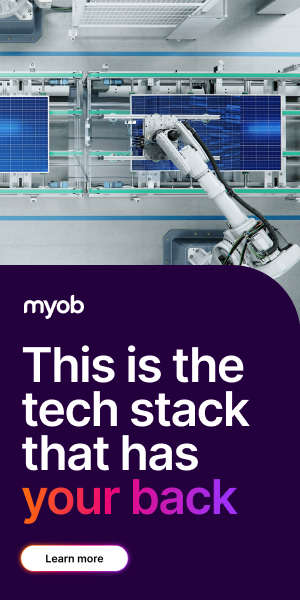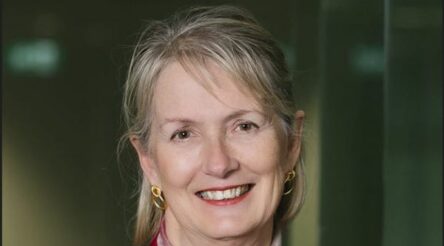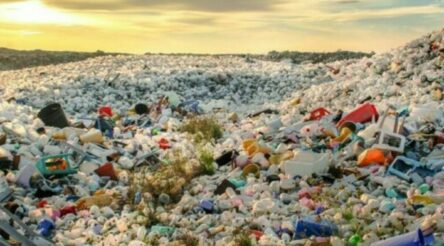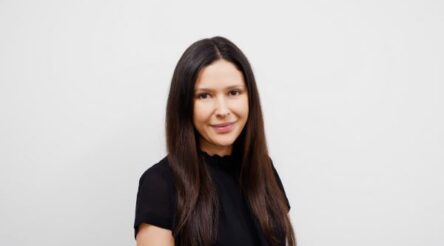Lessons from the global move to decarbonise industry part 1 – by Cori Stewart
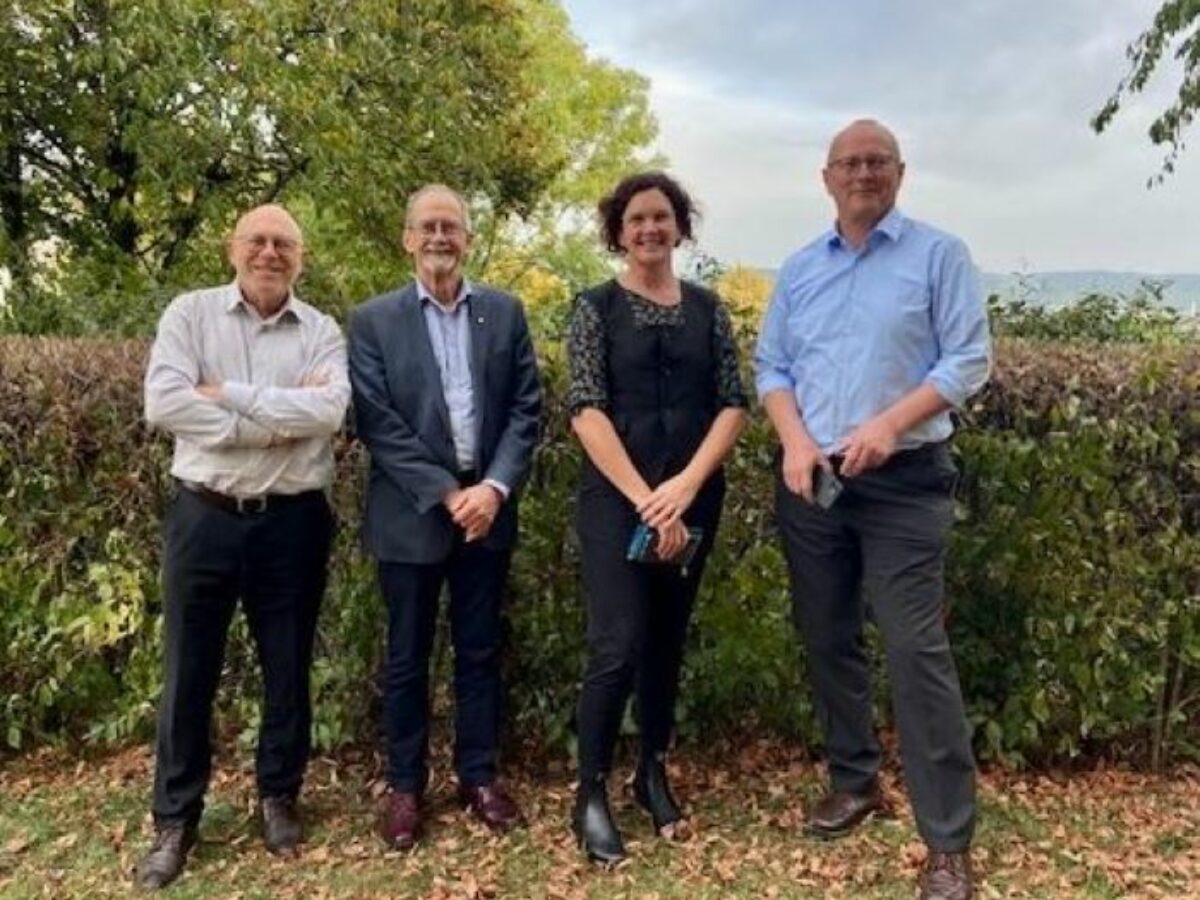
Cori Stewart and a group of eminent Australians have just returned from Europe and the Middle East, discussing growing manufacturing in a fast decarbonising world, and accelerating Industry 4.0 adoption. In the first part of a two-part series, she shares insights into the implications of EU decarbonisation, and the growth of manufacturing hubs in Belgium.
In Augsburg Germany I heard about Manufacturing-X: a secure and federated Industry 4.0 data platform in development for manufacturing globally.
Countries participating in the platform are committing to incorporating a common standard for transparent, controllable and interoperable technologies.
For nation states it promises to be a trusted platform, to retain sovereignty and to create digital product passports for goods.
The EU’s Carbon Border Adjustment Mechanism (CBAM) coming into effect as soon as January 2024 applies in the first instance to imported carbon intensive goods – cement, iron and steel, aluminium, fertilisers, electricity and hydrogen. There is urgency for Australia to participate alongside an expanding number of countries including Germany, Canada, Korea, Japan, Singapore and more.
While there are notable Australian initiatives looking at digital passports such as the Guarantee of Origin scheme in the hydrogen industry, attention is required to create interoperable digital systems able to manage and integrate diverse manufacturing production processes, sectors and supply chains globally.
Manufacturing -X creates more urgency around ARM Hub’s recently announced Data and AI-as-a-Service program that has been designed to address the growing data and AI needs and ambitions of manufacturers.
This ARM Hub service can host, manage, analyse data, conduct research and develop AI applications for businesses.
We have found manufacturers, and especially SMEs, can find it challenging to scope their data needs, and even more challenging to hire and manage the data science personnel required to successfully do this work.
ARM Hub’s Data and AI-as-a-Service helps businesses capture opportunities and keep pace with rapid or evolving advancements like Manufacturing-X and digital passports.
The bigger task of catalysing Industry 4.0 digital transformation for individual businesses remains.
Flanders Make in Belgium is an impressive network of independent advanced manufacturing hubs that form a network of university and industry collaboration centres.
For a decade they have been tackling the requirements of Industry 4.0 digital transformation with local industry, creating solutions with individual businesses as well as creating a library of digital manufacturing tools for widespread use.
During our visit we saw teams creating augmented reality digital workstations with digital work instructions, robotic visions systems for quality control and picking and sorting in production-line processes, robotics stations designed for agile and flexible manufacturing production, and a semi-trailer full of tech demonstrations that goes to industry and events to educate and inspire.
With regional (equivalent to Australian States) investment of $50 million per year the value generated by this network of hubs ensures local manufacturing is relevant, connected, globally competitive and has access to the latest equipment, research and talent.
Tomorrow: Germany’s Fraunhofer Institutes and the Middle East
Associate Professor Cori Stewart is a strategic leader who co-innovates with industry, government, research institutions and the community. She has held senior appointments across many of these sectors where she has specialised in building complex cross-sector partnerships, raising funds, and overseeing portfolios of programmes and projects. Cori is CEO of the Advanced Robotics for Manufacturing Hub (ARM Hub) and Associate Professor in Creative Industries at QUT.
Picture: (left to right) Emeritus Professor Roy Green, ARM Hub Chair, Peter Klinken, Chief Scientist of Western Australia, Cori Stewart and Frank Wagner, Fraunhofer IOA.
Topics aluminium Analysis and Commentary ARM Hub Associate Professor Cori Stewart Carbon Border Adjustment Mechanism Cement decarbonisation electricity Emeritus Professor Roy Green fertilisers Flanders Make in Belgium hydrogen Industry 4.0 iron and steel Manufacturing News Manufacturing-X Peter Klinken QUT Technology
@aumanufacturing Sections
Analysis and Commentary Awards Defence Manufacturing News Podcast Technology Videos






